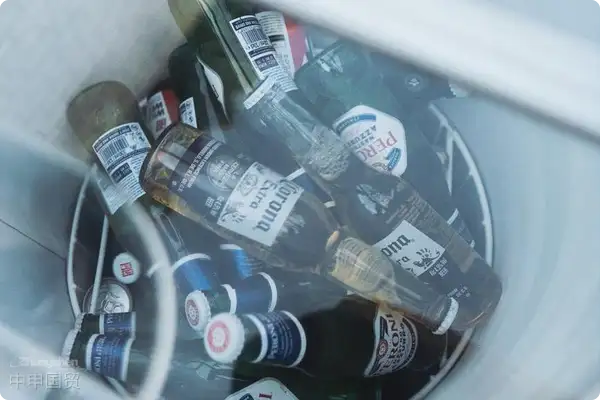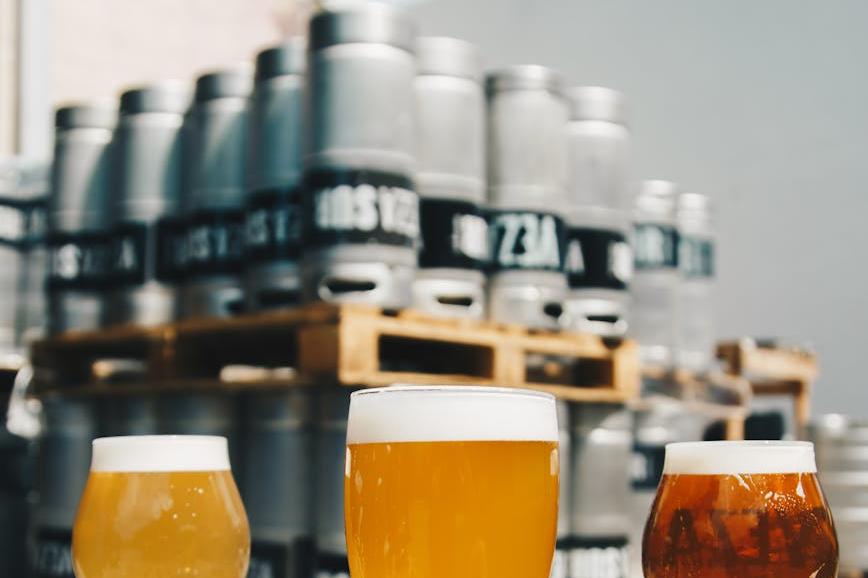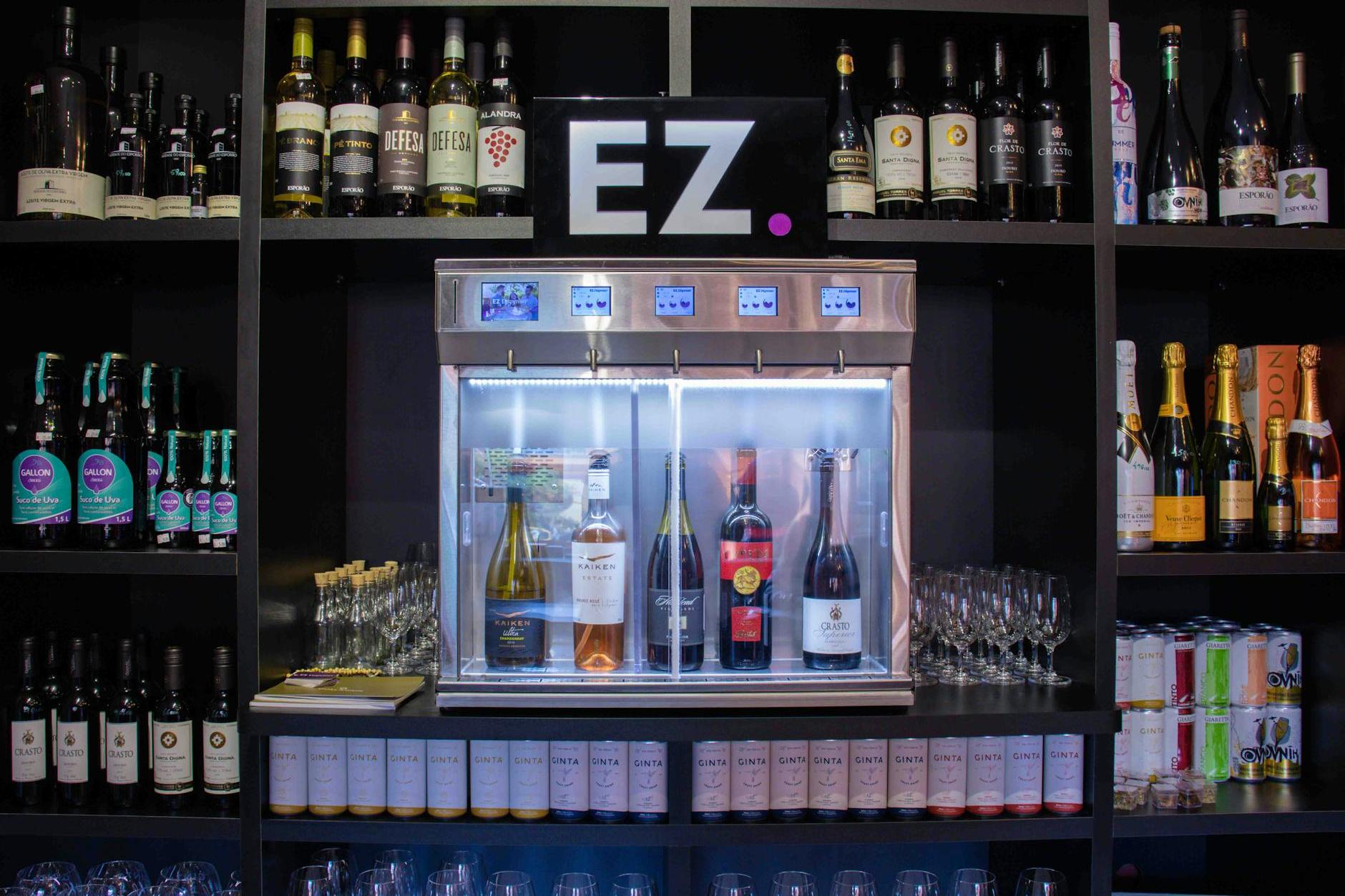- Shanghai Zhongshen International Trade Co., Ltd. - Two decades of trade agency expertise.
- Service Hotline: 139 1787 2118

Contents
ToggleThree "Beer Pitfalls" You Might Have Already Stepped Into
Mr. Zhang, who runs a craft beer bar in Shanghai, has been quite troubled lately: the Belgian Trappist beer he directly purchased through overseas connections was temporarily held by customs due to non-compliant labeling under the newly implemented food safety standards; Mr. Li, an importer in Guangzhou, found that the landed cost of his self-imported German dark beer was 15% higher than that of his competitors; meanwhile, Ms. Wang, the procurement head of a chain restaurant in Chengdu, is locked in a dispute with an overseas supplier over quality issues caused by improper temperature control during transportation for a certain batch of beer...
These real-life cases reveal an industry truth:As a fast-moving consumer good, beer faces three major unique challenges in international trade.:
- The refined management requirements for temperature-controlled logistics.
- Frequent updates to food labeling regulations in various countries
- Fragmented procurement leading to diseconomies of scale
Five Key Breakthrough Tools for Professional Agents
Compared to self-operated imports, professional agency services are like equipping your cross-border procurement with an "intelligent navigation system":
| Comparison dimension | Self-operated import | Agent import |
|---|---|---|
| Logistics cost per cabinet | Approximately $3800 | Approximately $3200 (Advantage of bulk procurement) |
| Clearance time efficiency | 7-15 business days | 3-5 business days (preliminary review channel) |
| Record - filing of Foreign Trade Operators | Self-assumption | Risk Transfer + Professional Prevention and Control |
The deeper value is reflected in:
- Dynamic Compliance Monitoring System: Our regulatory database updates over 150 regulatory requirements from 23 major beer-producing regions on a monthly basis.
- Flexible supply chain configuration: Offering six temperature control options ranging from -2°C to 25°C to meet the storage requirements of different types of beer.
- Fragmented order consolidation:By utilizing LCL (Less than Container Load) services, small and medium-sized buyers can access FCL (Full Container Load) freight rates.
The Enlightenment from a Real Case
A rising craft beer brand, while expanding into the Japanese market, incurred an additional 12% in tariffs on its first shipment due to unfamiliarity with the sake tax tier system. After switching to an agency import model:
- Utilize the classification advance ruling mechanism to secure the 5% preferential tax rate.
- Save 40% on storage costs by shipping in batches through bonded warehousing.
- Integrate orders from three suppliers to reduce costsMaritime TransportationCost 28%
Three golden criteria for selecting agents
Not all agents can create value. A high-quality service provider must possess:
- Deep cultivation in vertical fields: Have handled customs clearance for at least 300 batches of beer products.
- Emergency Response Capability: 72-hour Exception Handling SOP
- Cost transparency mechanism: Provide a traceable rate breakdown list
Next time you raise a glass of imported beer, take a moment to consider the "global journey" this amber liquid has undergone. The value of professional agency lies in transforming every step of this journey into a source of profit for you, rather than a potential risk.
Related Recommendations
Category case
Get in Touch
Email: service@sh-zhongshen.com
Related Recommendations
Contact via WeChat

? 2025. All Rights Reserved. Shanghai ICP No. 2023007705-2  PSB Record: Shanghai No.31011502009912
PSB Record: Shanghai No.31011502009912









